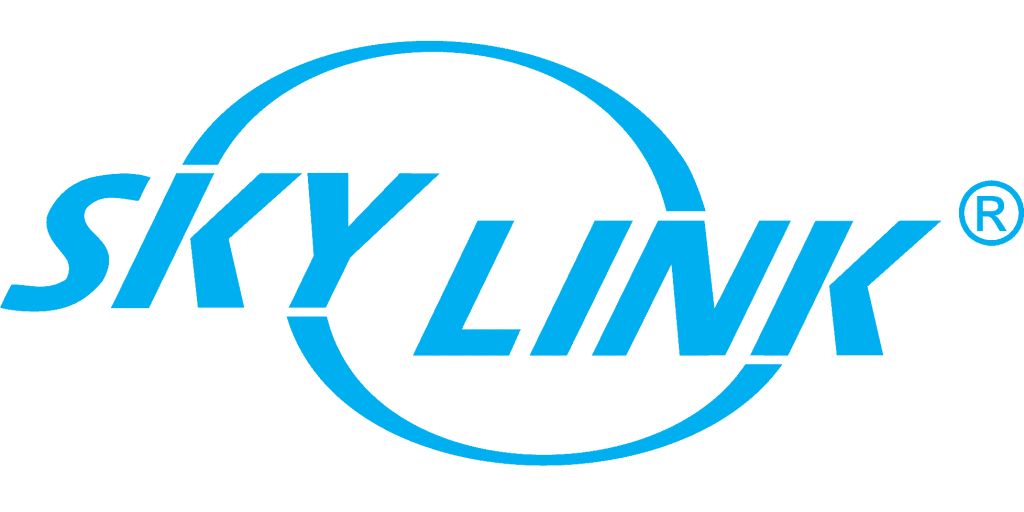- Beyond the Headlines: A Critical Look at News Today and its Impact on Global Discourse.
- The Rise of Digital Media and its Impact on Journalism
- The Erosion of Trust in Media
- The Role of Media Literacy
- The Future of Journalism
- Navigating the Information Landscape – A Practical Guide
Beyond the Headlines: A Critical Look at News Today and its Impact on Global Discourse.
In today’s rapidly evolving world, staying informed is more critical than ever. The sheer volume of information available can be overwhelming, often leading to a sense of confusion and uncertainty. Understanding news today requires a critical approach, one that goes beyond simply consuming headlines and delves into the context, sources, and potential biases that shape the narrative. This article seeks to provide a comprehensive analysis of the current media landscape and its impact on global discourse, examining the challenges and opportunities presented by the modern information age.
The Rise of Digital Media and its Impact on Journalism
The digital revolution has fundamentally reshaped the media landscape, shifting power from traditional gatekeepers to a more decentralized network of information providers. This has led to both positive and negative consequences. On one hand, digital platforms have democratized access to information, allowing citizens to bypass traditional media outlets and engage with a wider range of perspectives. On the other hand, the proliferation of online sources has created fertile ground for misinformation and disinformation, making it increasingly difficult to discern fact from fiction. The speed at which information travels online also poses challenges for journalistic integrity, as accuracy can often be sacrificed in the race to be first to report.
The economic pressures facing traditional news organizations have also contributed to the decline in investigative journalism. As advertising revenues have shifted online, many newspapers and television stations have been forced to cut staff and resources, reducing their ability to conduct in-depth reporting. This has led to increased reliance on press releases and other forms of pre-packaged content, further eroding public trust in the media. The challenge for journalism today is to adapt to the digital age while maintaining its core values of accuracy, independence, and accountability.
The rise of social media has transformed how people consume and share information. Platforms such as Facebook, Twitter, and Instagram have become primary sources of news for many individuals, particularly younger generations. This presents both opportunities and risks. Social media can facilitate the rapid dissemination of important information and enable citizens to engage in meaningful dialogue. However, it can also amplify echo chambers, reinforce existing biases, and facilitate the spread of false or misleading content.
| 2.96 billion | 39% | |
| YouTube | 2.51 billion | 33% |
| 2 billion | 28% | |
| X (formerly Twitter) | 550 million | 21% |
The Erosion of Trust in Media
A significant trend in recent years has been the decline in public trust in media institutions. This erosion of trust is driven by several factors, including concerns about bias, accuracy, and the influence of corporate or political interests. The rise of partisan media outlets has further exacerbated this trend, as individuals increasingly seek out news sources that confirm their existing beliefs. The result is a fragmented media landscape in which it is difficult to establish a shared understanding of events. Distrust in the media impacts civic engagement and can foster societal division.
The proliferation of “fake news” and disinformation campaigns has also contributed to the decline in trust. These campaigns, often orchestrated by foreign governments or malicious actors, are designed to sow discord and undermine democratic institutions. The spread of misinformation can have serious consequences, influencing public opinion, disrupting elections, and even inciting violence. Combating disinformation requires a multi-faceted approach, including media literacy education, fact-checking initiatives, and increased transparency from social media platforms.
Rebuilding trust in media requires a concerted effort from journalists, media organizations, and the public. Journalists must adhere to the highest ethical standards, prioritizing accuracy, fairness, and independence. Media organizations must be transparent about their ownership, funding, and editorial policies. And the public must become more discerning consumers of information, critically evaluating sources and seeking out diverse perspectives.
The Role of Media Literacy
Media literacy – the ability to access, analyze, evaluate, and create media – is a crucial skill for navigating the modern information landscape. It empowers individuals to critically assess the messages they encounter online and offline, identify bias, detect misinformation, and make informed decisions. Media literacy education should be integrated into school curricula at all levels, equipping students with the tools they need to be responsible digital citizens.
Effective media literacy education extends beyond simply teaching students how to identify fake news. It also involves understanding the economic and political forces that shape the media landscape, recognizing the role of algorithms in curating online content, and developing skills in fact-checking and source verification. Furthermore, it’s crucial to explore the psychological factors that make people susceptible to misinformation, such as confirmation bias and emotional reasoning.
- Critical Thinking: Questioning information and challenging assumptions.
- Source Evaluation: Assessing the credibility and reliability of sources.
- Bias Awareness: Identifying and understanding different types of bias.
- Digital Citizenship: Being a responsible and ethical user of online platforms.
The Future of Journalism
The future of journalism is uncertain, but several trends are likely to shape its evolution. One key trend is the growing demand for specialized and in-depth reporting. As the news cycle becomes increasingly fragmented, there is a need for journalists who can provide context, analysis, and nuanced perspectives. Another trend is the emergence of new forms of storytelling, such as data journalism, immersive journalism, and long-form narrative journalism. These approaches offer innovative ways to engage audiences and communicate complex information.
The development of artificial intelligence (AI) also has the potential to transform journalism. AI-powered tools can automate tasks such as transcription, translation, and fact-checking, freeing up journalists to focus on more creative and analytical work. However, AI also raises ethical concerns, such as the potential for algorithmic bias and the displacement of journalists. The challenge is to harness the power of AI while mitigating its risks. Ultimately, the success of journalism will depend on its ability to adapt to changing technologies, meet the needs of a diverse audience, and maintain its commitment to public service.
Supporting independent journalism is crucial. Philanthropic funding, subscriptions, and innovative business models are all vital to ensuring that high-quality journalism continues to thrive. A well-informed public is essential for a functioning democracy, and independent journalism plays a critical role in holding power accountable and fostering civic engagement.
| Subscription-Based | Readers pay a recurring fee to access content. | Requires a strong brand and compelling content to attract subscribers. |
| Philanthropic Funding | Funding from foundations and individual donors. | Concerns about editorial independence and sustainability. |
| Membership Model | Readers become members and receive benefits such as exclusive content and events. | Requires active community engagement and value-added benefits. |
| Non-Profit Journalism | Journalism conducted by non-profit organizations. | Relies on donations and grants; can face funding instability. |
Navigating the Information Landscape – A Practical Guide
Given the complexities of today’s media environment, it’s essential to develop a strategic approach to consuming information. This involves being mindful of your own biases, seeking out diverse perspectives, and carefully evaluating the sources you encounter. Don’t rely solely on social media for your news. Actively seek out reputable news organizations with a track record of accuracy and independence. Be skeptical of headlines that are sensational or emotionally charged. And always check the source before sharing information online.
Utilize fact-checking websites such as Snopes, PolitiFact, and FactCheck.org to verify claims that seem questionable. Consider the author of the article or report. What are their credentials and affiliations? Is there any evidence of bias? Look for corroborating evidence from multiple sources. If only one source is reporting a particular story, be cautious. And remember that even the most reputable news organizations are not immune to error. Be willing to revise your beliefs in light of new evidence.
- Diversify Your Sources: Read news from multiple outlets with different perspectives.
- Check for Bias: Be aware of your own biases and seek out viewpoints that challenge them.
- Verify Information: Utilize fact-checking websites and corroborate claims with multiple sources.
- Evaluate the Source: Assess the credibility and reputation of the author and news organization.
- Be Skeptical: Question sensational headlines and emotionally charged language.
The ability to critically evaluate information is a fundamental skill in the 21st century. By developing this skill, we can empower ourselves to become more informed citizens, participate more effectively in democratic processes, and contribute to a more just and equitable world.






